Chen Jimin, Guest Researcher, Center for Peace and Development Studies, China Association for International Friendly Contact
Jan 21, 2017
The outgoing president gets a mixed score, but a legacy for his successor to draw upon. Being a leader of multilateralism and globalization efforts has been a success that deserves emulation, but the ambivalent use of force diminished its stature as the defender of peace and stability.
Shen Dingli, Professor, Institute of International Studies, Fudan University
Jan 20, 2017
While the incoming Trump administration has stirred fears that it will direct the US in an inward direction, there is plenty of reason to think that the new president is pro-trade in ways that will re-shape but not destroy the global playing field.
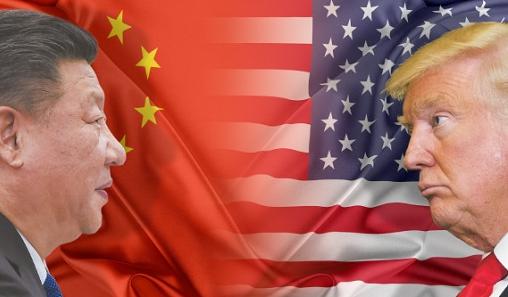
Zha Daojiong, Professor, Peking University
Jan 20, 2017
Americans should understand that a harmonious, prosperous, powerful yet responsible United States constitutes part of the favorable external environment that China wishes to have. That understanding is also best for the well-being of both countries.
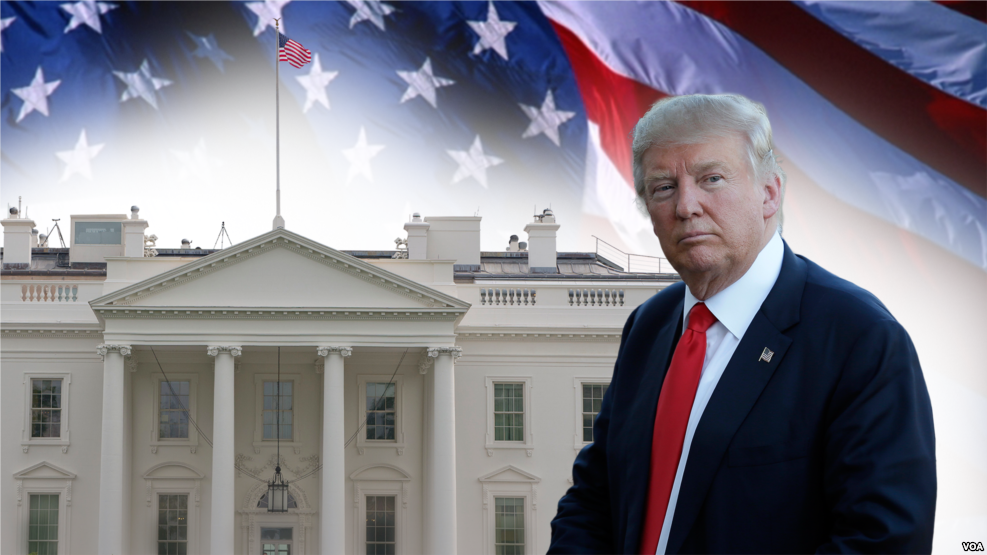
Wu Zhenglong, Senior Research Fellow, China Foundation for International Studies
Jan 20, 2017
It is foreseeable that the “America first” policy will undermine the present global economic and geopolitical patterns, bringing uncertainty to the world. But so long as both sides give up the mentality of zero-sum rivalry and persist in cooperation, the Sino-US relationship will come through the current period of uncertainty and maintain the momentum of steady and healthy development.
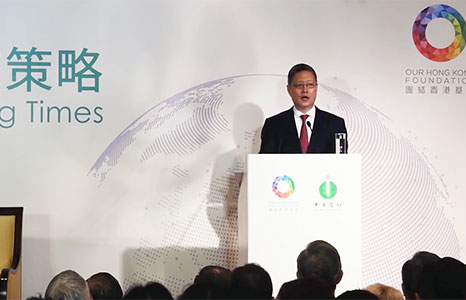
He Yafei, Former Vice Minister of Foreign Affairs
Jan 19, 2017
Former top Chinese diplomat He Yafei on how to manage China-US relations under Trump, suggesting ways to deal with trade deficit and expand on areas where the two governments can work together.

He Yafei, Former Vice Minister of Foreign Affairs
Jan 19, 2017
Expectations are on the rise as to what should and could China do to "make globalization work and great again." But this will not only be an onerous task for China.
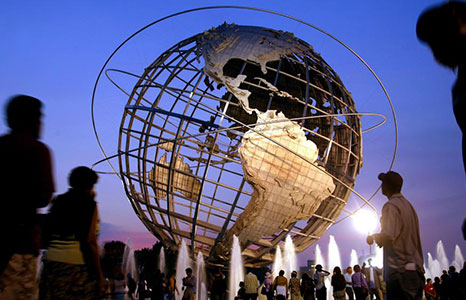
He Yafei, Former Vice Minister of Foreign Affairs
Jan 19, 2017
The problem is NOT with globalization. Globalization is in the DNA of human society and a key lifeline for mankind.

He Yafei, Former Vice Minister of Foreign Affairs
Jan 19, 2017
Instead of pursuing military alliances, a legacy of the post- World War II, China chooses to knit a web of global partners, 97 to be exact by the end of 2016. Equality, peace, inclusiveness and tolerance of hallmarks of this cooperative partnership.
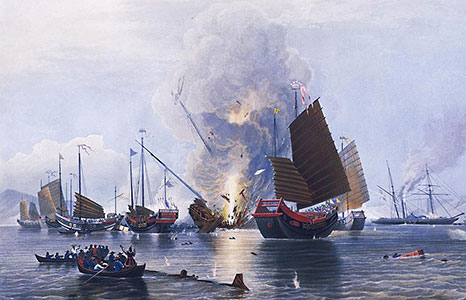
He Yafei, Former Vice Minister of Foreign Affairs
Jan 19, 2017
From the First Opium War of 1840 to the founding of the People’s Republic in 1949, China has suffered injustice, humiliation and wars waged by foreign powers in what is commonly known as the "century of humiliation."

He Yafei, Former Vice Minister of Foreign Affairs
Jan 19, 2017
For the Chinese, peace and harmony are the core elements in managing family affairs, as well as national and global affairs, underscoring why China has been pursuing a path of peaceful development.
Back to Top

- China-US Focus builds trust and understanding between the U.S. and China through open dialogue among thought leaders.
- Our Offerings
- Topics
- Videos
- Podcasts
- Columnists
- Research Reports
- Focus Digest
- Stay Connected
-
Thanks for signing up!
- Get the latest stories from China-US Focus weekly.